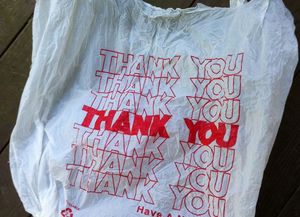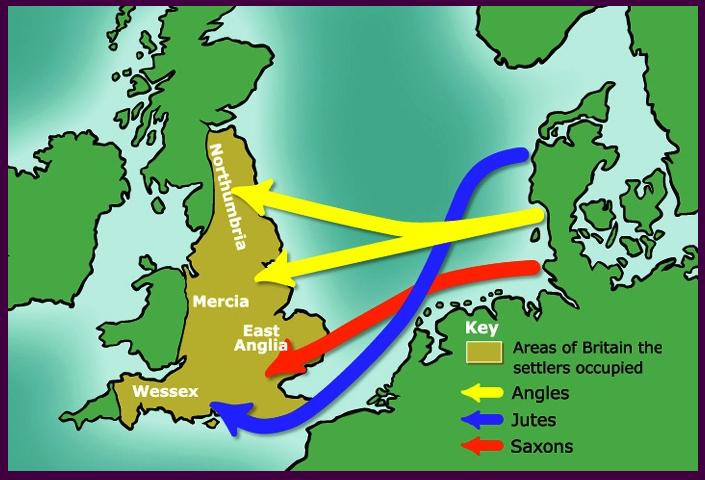I am a supporter of Palestinian independence and a foe of apartheid: the dramatic separation of “the other” by a privileged people. A de jure and de facto status quo is brutally enforced upon the other. I have followed Palestine and Israel for a long time. I stand on the side of justice and human rights as defined by the United Nations. Palestine is a people whose culture is constantly threatened. Israel enjoys independence, Palestine does not.

Olive trees are an immortal theme in the land of Palestine.

Metaphor: olive branch in Genesis 8:11

South Africa was another victim of British Empire. It was divided and conquered. Upon attaining independence from Britain, the State of South Africa adopted the divide and conquer technique. It was called Apartheid.
![Apartheid (Afrikaans pronunciation: [ɐˈpartɦɛit]; an Afrikaans word meaning "the state of being apart", literally "apart-hood") was a system of racial segregation in South Africa enforced through legislation by the National Party (NP), the governing party from 1948 to 1994.](https://billziegler1947.com/wp-content/uploads/2015/08/apartheidsignenglishafrikaans.jpg?w=300&h=275)

This painting on the separation wall dividing Israeli and Palestinians employs the vehicle (metaphor) of art. Simple but powerful. It reminds me of all the graffiti that adorned the west side of the Berlin Wall (some might have called it the Berlin Fence between 1961 and 1989) until both the west and the east sides of that wall finally fell in 1989.
News item:
The Defense Ministry resumed construction on Monday of the separation barrier near Beit Jala, south of Jerusalem, even though the High Court of Justice had invalidated the building of the barrier in that region and ordered the state to reconsider it.
(August 17, 2015 Haaretz)
India gained its independence from the British Raj in 1947.

The British relinquished their imperial hold on Palestine the following year. In 1948 truth became a victim of war.
There is a worn slogan: “a land without a people for a people without a land.” But Palestine was not an uninhabited region.It was the home of three (3) cultures in 1948: three adherents of a monotheistic faith, secular and others, such as Bedouin nomads.
When the British left the three cultures remained. 700,000 Palestinians began a diaspora (67 years so far) that relocated them to the West Bank of the Jordan River, a small segment along the Mediterranean known as Gaza and throughout the world.
Many Palestinians lived on the Mediterranean coast in 1947. Certainly this would be my choice too, the climate is that of Southern California. Californians prefer the coast, but they also live elsewhere in their state. They live in Sacramento, Los Angeles and San Diego, i.e. all over the state of California. Many Israelis enjoy the Mediterranean coast, but some prefer Jerusalem, a divided city similar to the previously divided Berlin: capital city of the German Democratic Republic and largest city of the German Federal Republic at the time of Nakba.

Sams Life in Jeddah A WordPress blog
Was the event of 1948النكبةم Nakba Catastrophe) or Israel Independence Day יום העצמאות (Yom Ha’atzmaut)?
Catastrophe number two: the event of 1967: النكسة يوم (The Naksa World Turned Upside Down).
Below, Moriarty as metaphor for the poorly understood victims of great crimes: the Palestinian people:
Picture to yourself the pilot fish with the shark, the jackal with the lion—anything that is insignificant in companionship with what is formidable: not only formidable, Watson, but sinister—in the highest degree sinister. That is where he comes within my purview. ‘You have heard me speak of Professor Moriarty?’
‘The famous scientific criminal, as famous among crooks -‘
‘My blushes, Watson!’ Holmes murmured in a deprecating voice.
‘I was about to say, “as he is unknown to the public”.’
‘A touch! A distinct touch!’ cried Holmes. ‘You are developing a certain unexpected vein of pawky humour, Watson, against which I must learn to guard myself. But in calling Moriarty a criminal you are uttering libel in the eyes of the law…
from A. Conan Doyle’s Sherlock Holmes story The Valley of Fear.







